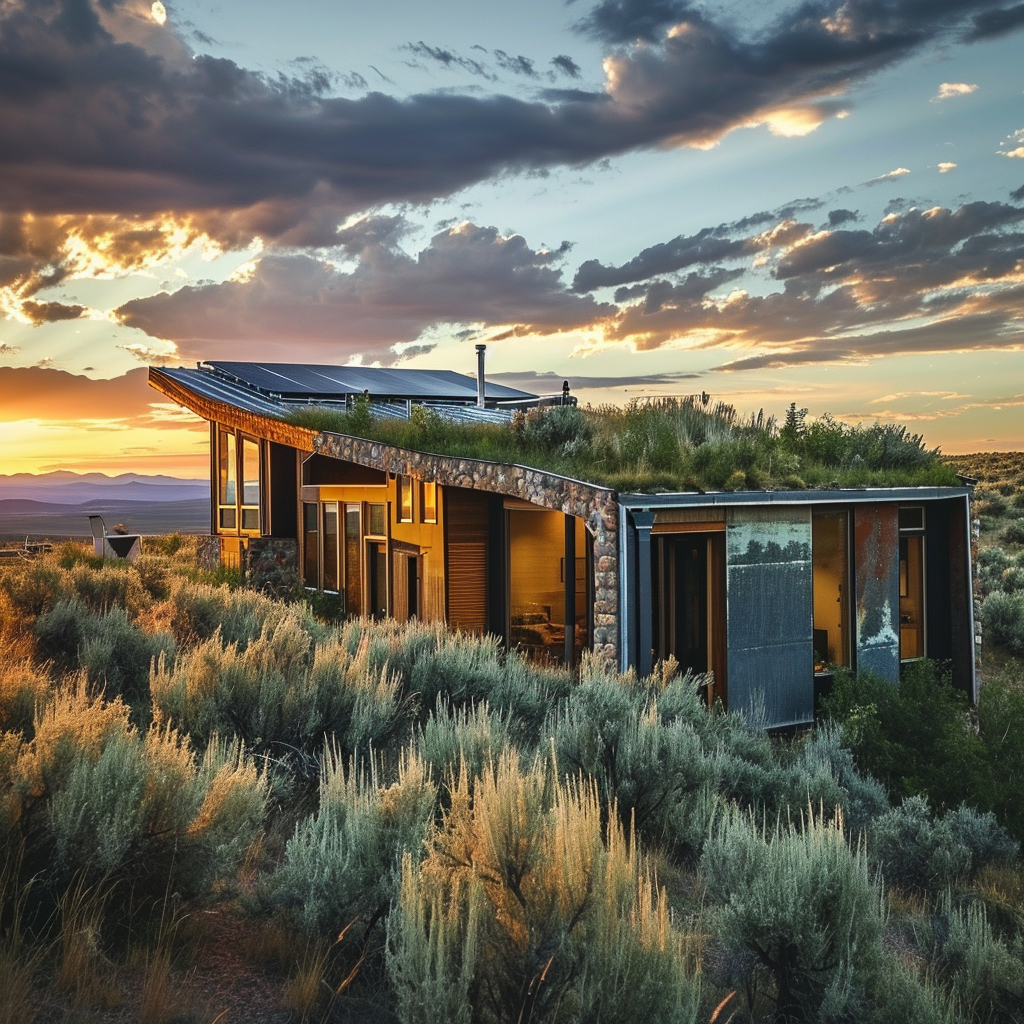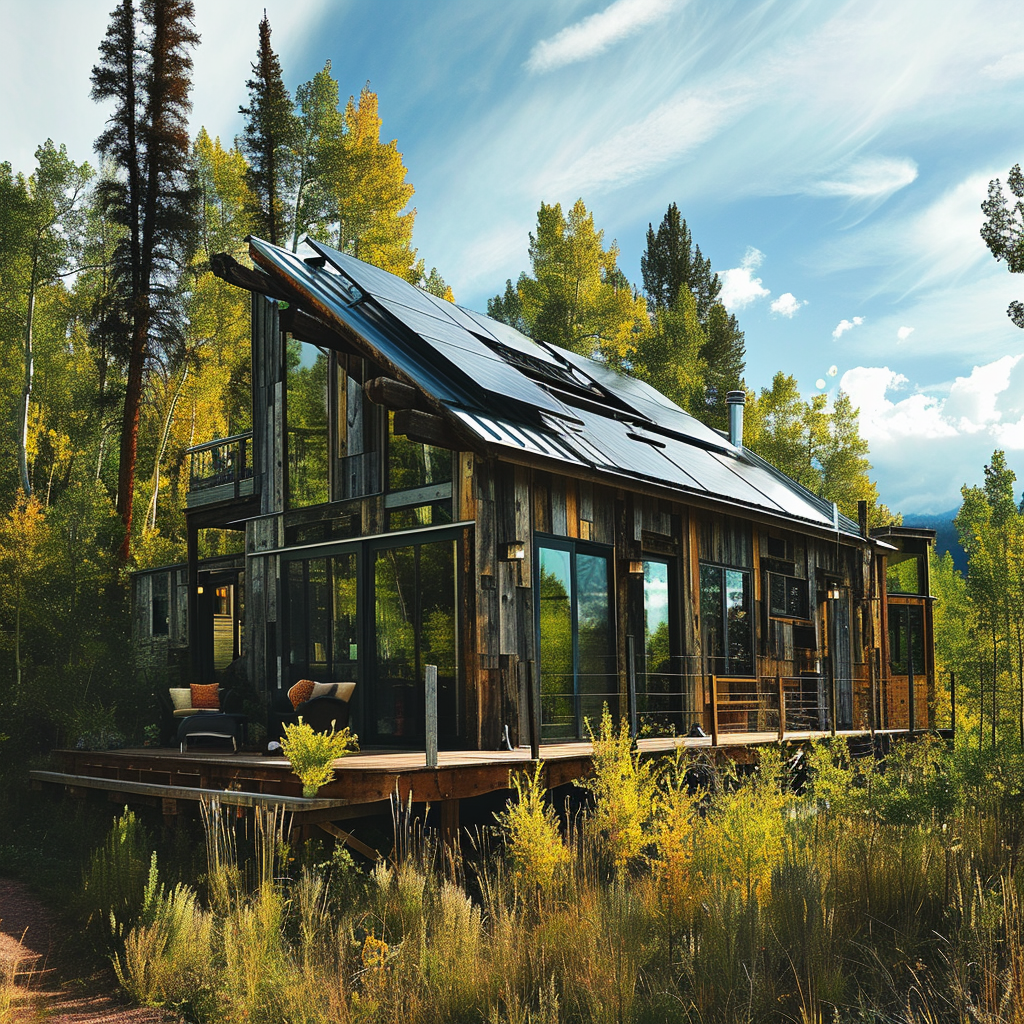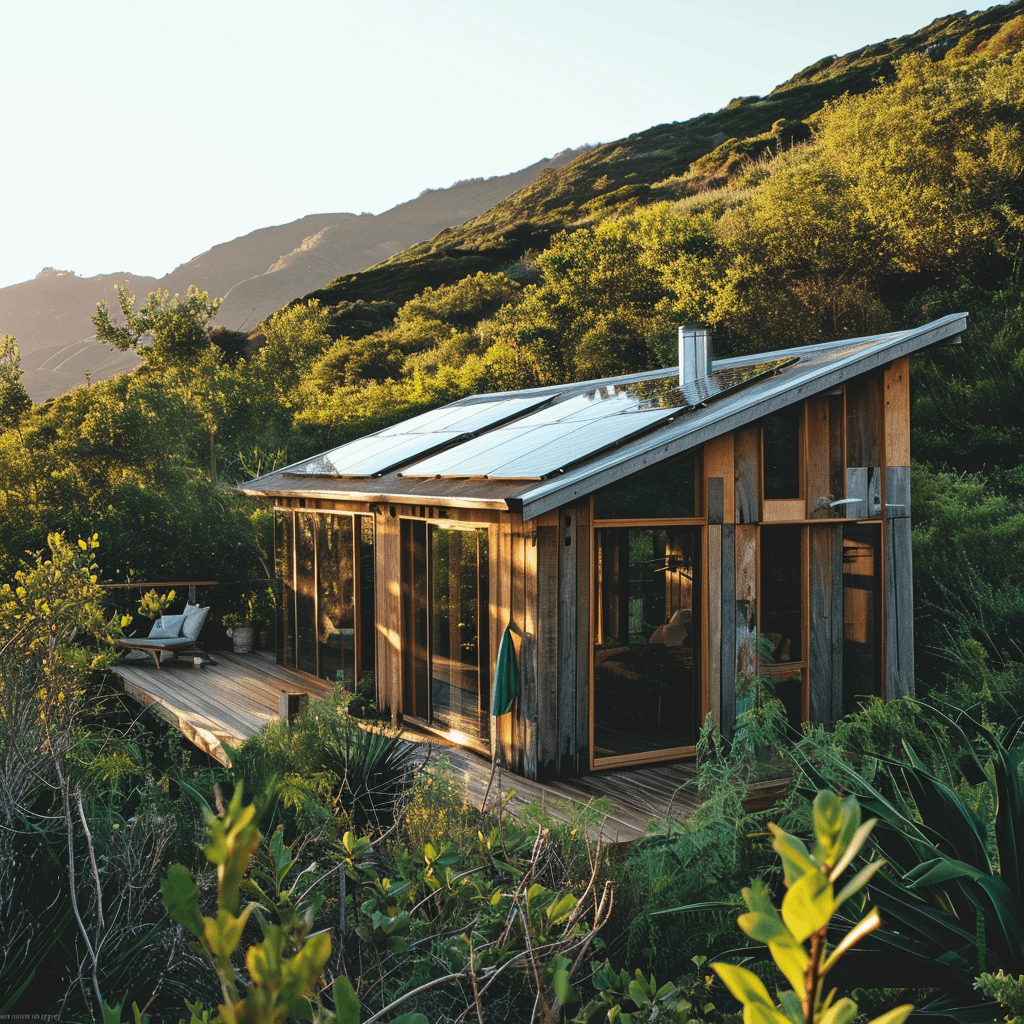Introduction: Breaking Free from Conventional Living
In a world dominated by modern conveniences and interconnectedness, the concept of living off grid has gained significant attention. But what are off grid homes?, and what sets them apart from traditional residences? In this article, we will embark on a journey to unravel the essence of off grid living and explore the freedom, sustainability, and self-sufficiency it entails.
Understanding Off Grid Homes
Off grid homes, as the name suggests, are dwellings that operate independently from public utility services such as electricity, water, and gas. These unique homes are designed to rely on alternative sources of energy, sustainable water management systems, and self-sufficient practices to meet the daily needs of their inhabitants.

The Components of Off Grid Living
Energy Independence with Off Grid Solar Systems
One of the key elements of off grid homes is the utilization of solar power systems. These systems consist of solar panels that harness sunlight and convert it into electricity. The energy generated is stored in batteries, providing a reliable power source even during periods of low sunlight. Off grid solar systems allow homeowners to tap into a clean, renewable energy source and reduce their dependence on fossil fuels.
Sustainable Water Management
Off grid living often involves implementing innovative water management solutions. Rainwater harvesting systems, filtration mechanisms, and storage tanks are employed to collect and conserve water. These systems allow residents to minimize water consumption, maximize efficiency, and reduce reliance on external water sources. With careful planning and conservation practices, off grid homeowners can maintain a sustainable water supply year-round.
Self-Sufficiency in Food Production
Off grid homes often embrace self-sufficiency when it comes to food production. Residents cultivate organic gardens, nurture fruit trees, and even raise livestock. By growing their own food, off grid dwellers reduce their reliance on commercial agriculture and foster a deeper connection with nature. The integration of permaculture principles, composting techniques, and regenerative farming practices ensures a consistent and sustainable food supply.
The Benefits and Challenges of Off Grid Living
The Freedom of Sustainable Independence
Living off the grid offers individuals a sense of freedom and self-reliance. It liberates homeowners from the constraints of conventional living, allowing them to take control of their energy consumption, water usage, and food production. Off grid living empowers individuals to make conscious choices that align with their values of sustainability and environmental stewardship.
Environmental Sustainability and Reduced Carbon Footprint
Off grid homes prioritize sustainability and have a significantly lower environmental impact compared to traditional residences. By utilizing renewable energy sources, conserving water, and practicing self-sufficiency, off grid dwellers minimize their carbon footprint and contribute to a healthier planet. They serve as inspiring examples of sustainable living that can be adopted on a larger scale.

Challenges and Adaptability
Living off the grid also presents its fair share of challenges. Building and maintaining off grid systems require careful planning, investment, and ongoing maintenance. Weather conditions, seasonal variations, and technical complexities can pose obstacles that demand adaptability and problem-solving skills. However, the rewards of living in harmony with nature and the sense of fulfillment outweigh the challenges faced along the way.
Conclusion: Embracing a New Way of Living
Off grid homes offer a path towards freedom, sustainability, and self-sufficiency. They embody the values of environmental consciousness, resourcefulness, and a deep connection with nature. Through innovative energy solutions, sustainable water management, and self-sufficient practices, off grid living opens doors to a more intentional and fulfilling way of life.
Join us in the next parts of this captivating article series as we delve deeper into the practical aspects of off grid homes and discover the inspiring stories of those who have embraced this extraordinary lifestyle.




